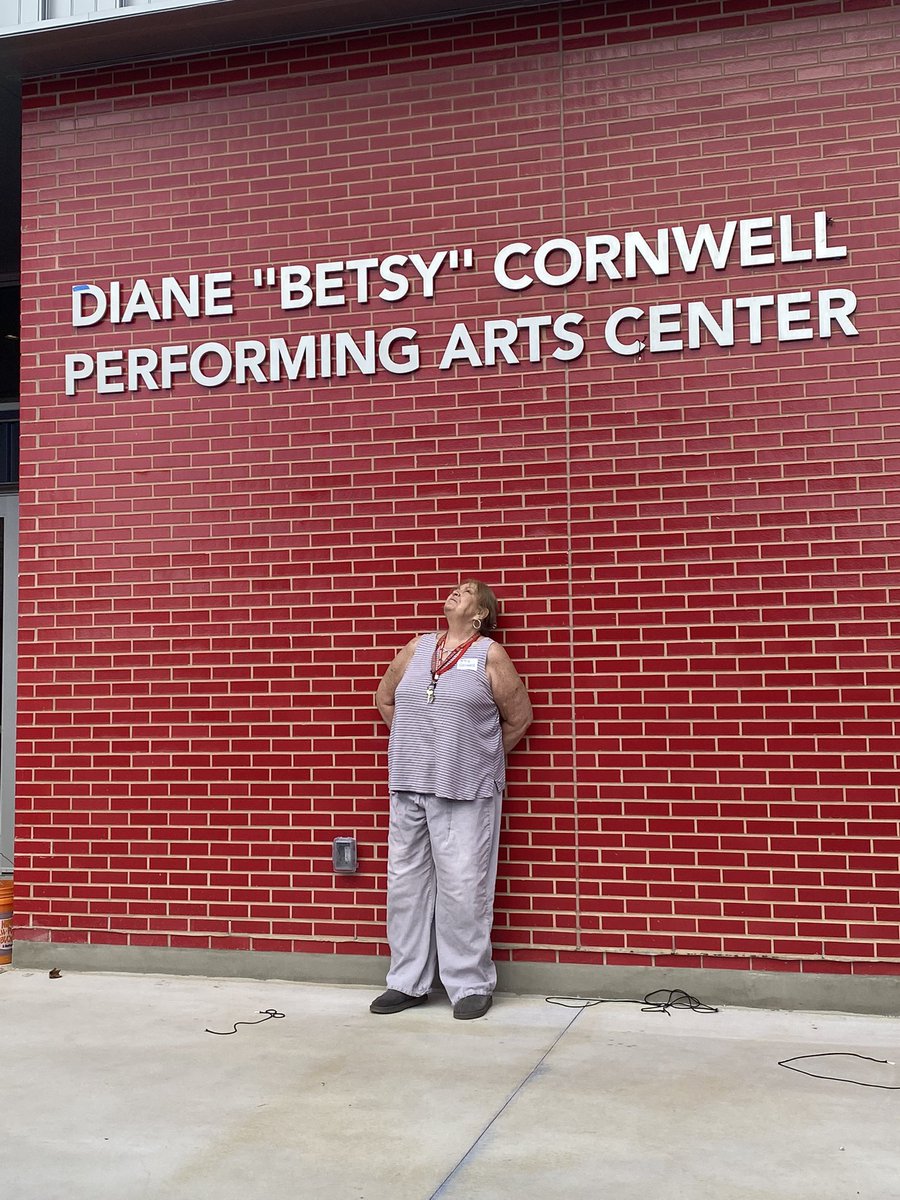Bowie Theater Teacher

Unveiling the Remarkable Legacy of Bowie
In the world of performing arts education, certain individuals leave an indelible mark, shaping the creative journeys of countless students and inspiring a passion that lasts a lifetime. One such luminary figure is Bowie, a theater teacher whose impact extends far beyond the confines of a classroom. With an unwavering dedication to nurturing talent and fostering artistic expression, Bowie stands tall as a beacon of innovation and mentorship in the realm of theatrical education.
Bowie’s journey into the realm of theater education was not merely a career choice but a calling—a profound desire to ignite the spark of creativity in young minds. Armed with a profound love for the arts and a contagious enthusiasm, Bowie embarked on a mission to transform the way theater was perceived and taught.
What sets Bowie apart is not just expertise in the technical aspects of theater but an innate ability to instill confidence and self-belief in students. With an inclusive approach, Bowie creates a safe space where every individual, regardless of background or skill level, feels empowered to explore their artistic potential. This nurturing environment cultivates a sense of camaraderie among students, fostering collaboration and mutual support—a hallmark of Bowie’s teaching philosophy.
The Theater Teacher Extraordinaire
Beyond the confines of traditional teaching methods, Bowie’s classes are a melting pot of creativity, blending the fundamentals of acting, stagecraft, and storytelling with innovative exercises that challenge conventional norms. Students are encouraged to break free from inhibitions, to experiment, and to push the boundaries of their imagination—a testament to Bowie’s belief in the transformative power of theater as a means of personal growth and expression.
But Bowie’s impact extends far beyond the classroom stage. Productions under Bowie’s guidance are not just displays of artistic prowess but immersive experiences that leave a lasting impression on audiences. From thought-provoking dramas to whimsical musicals, each production is a testament to the dedication, hard work, and passion instilled by Bowie in the hearts of their students.
Moreover, Bowie’s mentorship doesn’t cease when the curtain falls. Many of Bowie’s former students have gone on to pursue successful careers in the performing arts, attributing their achievements to the invaluable lessons learned under Bowie’s tutelage. The guidance provided by Bowie transcends the stage, instilling qualities of discipline, perseverance, and resilience—qualities that serve students well beyond their theatrical endeavors.
Bowie’s legacy is not confined to accolades or awards but resonates in the lives touched, the careers shaped, and the unwavering passion instilled in each student. The ripple effect of Bowie’s teachings extends far and wide, leaving an enduring imprint on the landscape of theater education.
Conclusion
In a world where the arts are often undervalued, Bowie stands as a testament to the transformative power of theater and the profound influence of an exceptional educator. Their dedication, passion, and unwavering commitment to nurturing the next generation of performers serve as an inspiration—a guiding light illuminating the path for future generations of theater enthusiasts.
Bowie, the theater teacher extraordinaire, continues to sculpt dreams, ignite passions, and mold futures—one curtain call at a time. Their impact reverberates not just in the realm of performing arts but in the lives of those fortunate enough to have walked the boards under their guidance





